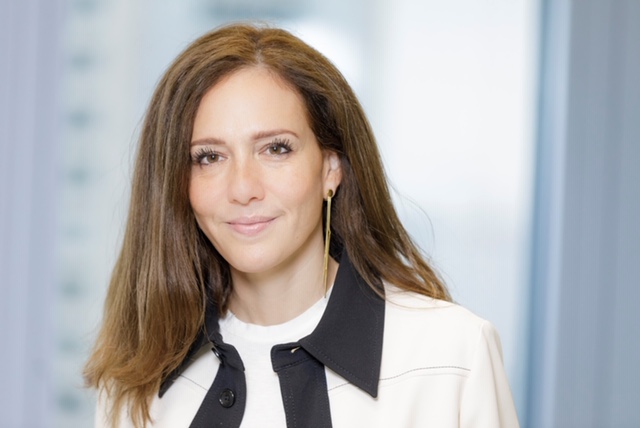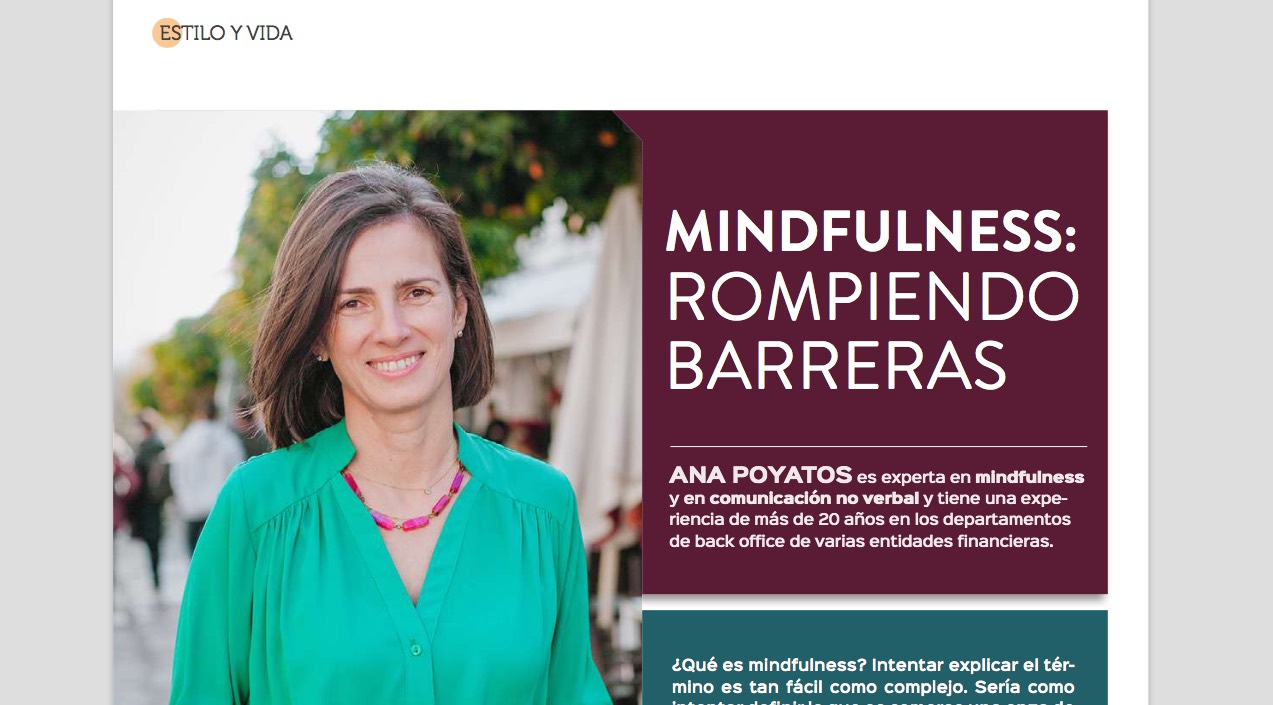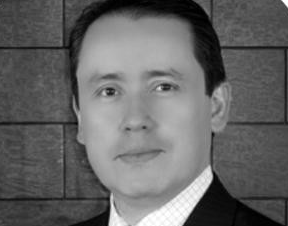¿El crédito por encima de la renta variable y los cupones por encima de los dividendos?
| Por Meritxell Sedo | 0 Comentarios
Jenna Barnard y Nicholas Ware, gestores del equipo de renta fija estratégica de Janus Henderson Investors, comparten sus puntos de vista sobre la reciente actividad financiera, con el acceso de las grandes empresas a los mercados de capitales y la sucesión de anuncios de recorte de dividendos en Europa.
Por evidentes que sean, hay que insistir en los hechos
Vale la pena detenerse a pensar sobre el hecho fundamental de que los bonos corporativos tienen derechos sobre el flujo de caja de una empresa, que debe pagarse para evitar un impago, y que los titulares de deuda tienen prioridad con respecto a los titulares de acciones en cualquier estructura de capital. Los bonos corporativos pueden ser mucho menos líquidos que las acciones al cotizar, pero tienen menos riesgo desde el punto de vista fundamental. En esta fase de la crisis actual, además del ciclo económico, esto ofrece un sinfín de oportunidades para los inversores de crédito.
Pese a ser evidentes, parece que hay que incidir en este punto por dos razones: en primer lugar, en las últimas semanas, parece haber surgido la idea general de que los mercados de crédito son el eslabón débil de las macroeconomías y, en segundo lugar, ya hemos entrado (sin mucha atención) en una fase de ciclo económico en el que los acreedores tienen prioridad con respecto al retorno de capital.
Los inversores en renta variable serán los más afectados
Puede que la deuda corporativa sea un riesgo, pero para las empresas que desean sobrevivir, los más afectados van a ser los inversores en renta variable.
Lo acontecido en las dos últimas semanas ofrece casos prácticos que ponen de relieve esta cuestión. Los reguladores bancarios del Reino Unido y Europa han anulado los dividendos corrientes de los bancos, pero han mantenido los cupones de los bonos híbridos subordinados y las acciones preferentes. Otras empresas están efectivamente ejerciendo emisiones de derecho rápidamente, mediante colocaciones de acciones, para reforzar la liquidez en los próximos doce meses. Podemos citar, por ejemplo, los casos de SSP (grupo multinacional de consumo discrecional) y Hays (servicios de contratación y asistencia), y otros que probablemente seguirán sus pasos.
Los recortes de dividendos serán probablemente lo habitual
Tanto los reguladores como los gobiernos (mediante el rescate de ciertos sectores) y, lo que es más importante, las propias empresas entienden que obtener liquidez para sobrevivir a la crisis de la covid‑19 requiere sacrificar a los inversores en renta variable.
A 2 de abril de 2020, 96 empresas del índice de referencia europeo, el STOXX Europe 600 Index, han anulado o aplazado sus dividendos. Son empresas de diversos sectores, como viajes y ocio, medios de comunicación, construcción y materiales, artículos personales y del hogar, industria, comercio minorista, alimentación y bebidas, bienes inmobiliarios, tecnología y bancos. El Gobierno francés ha advertido de que se negará a apoyar a empresas que repartan dividendos. Alemania ha afirmado también que hay que suspender el retorno para poder acceder a las ayudas del banco de desarrollo estatal, KfW. Anular los dividendos parece ser el precio político que hay que pagar para obtener cualquier tipo de ayuda estatal o regulatoria.
Evidentemente, para las empresas y sectores de baja calidad, como energía o comercio minorista —los «zombis» actuales—, los inversores tanto en deuda como en renta variable se verán afectados por las quiebras. Es la culminación de una tendencia value como estilo de inversión, que lleva toda una década a la zaga. ¿Por qué los mercados de capitales salvarían a quien no se comportan bien en los buenos tiempos y no digamos ya en los malos? Sin embargo, los impagos en energía y comercio minorista no deberían sorprender a ningún inversor.
La historia no se repite, pero rima
Esto quiere decir que la historia probablemente sí se repetirá, y el crédito se comportará mejor que las demás clases de activos a medida que avanzamos en esta fase de reparación del ciclo económico (véase el gráfico).

Este confinamiento tiene un límite de tiempo económico
Un sondeo realizado por la Cámara de Comercio Británica publicado el 2 de abril de 2020 mostró que seis de cada diez empresas de Reino Unido cuentan con liquidez para cubrir los costes de funcionamiento para solo tres meses. A pesar de los recientes planes de los gobiernos, parece haber un límite de tiempo económico para el confinamiento antes de que empiecen las quiebras masivas. Sobre todo, para las pequeñas empresas.
Para las empresas más grandes, a las que prestamos a través del mercado de deuda corporativa, vemos indicios alentadores de que aquellas que necesitan liquidez adicional están consiguiendo reforzar sus balances por un periodo prolongado de flujo de caja «nulo o escaso», incluso en los sectores con más dificultades. El lujo de acceder a los mercados de crédito y de renta variable ofrece esta oportunidad. A continuación mostramos algunos casos prácticos de los últimos días, pero creemos que habrá muchos más.
Casos prácticos:
Tras anunciar la suspensión de la mayoría de las operaciones de viajes debido al brote de covid‑19 a principios de marzo, la compañía de viajes alemana TUI recibió un rescate por un importe de 2.000 millones de euros por parte del banco estatal KfW.
Las directrices de la Comisión Europea sobre ayuda para rescate, según las cuales los Estados miembros solo podrían ayudar a empresas en dificultades siempre y cuando dichas medidas de apoyo contribuyeran al interés general, se suspendieron el 19 de marzo para ayudar a los gobiernos europeos a afrontar el brote. El paquete de rescate del Gobierno alemán ha apoyado a una empresa que, sin medidas, habría quebrado. Simplificando, analizándolo ahora, ¿permitirá el Gobierno alemán que la empresa eche el cierre, teniendo en cuenta lo bien que iba antes de la crisis de la covid‑19?
Loxam, grupo europeo de equipos de alquiler con sede en Francia, obtuvo líneas bancarias por un importe de 250 millones de euros y está tratando de obtener otros 230 millones en préstamos a través del plan estatal francés de avales públicos de préstamos corporativos para mejorar su posición de liquidez. Así, la compañía entró en razón finalmente y, en lugar de tener liquidez para los próximos tres meses, obtuvo liquidez para los próximos nueve. En el contexto actual, analizar empresas se ha convertido en «resuscribir créditos» al evaluar cuánta liquidez tiene una empresa para sobrevivir en un entorno de «cero ingresos».
El tercer ejemplo es Carnival Cruise Lines, el mayor operador de cruceros del mundo. Podría decirse que la compañía se encuentra en el epicentro del brote de la covid‑19, pues suspendió todas sus operaciones de cruceros y trató de sumar 6.000 millones de dólares de liquidez mediante deuda, bonos convertibles y acciones. Le quedaba liquidez para unos cuatro meses para operar en un entorno de cero ingresos. Gracias al reciente esfuerzo por obtener financiación, la compañía cuenta ahora con liquidez para otros nueve meses operando en un entorno de cero ingresos.
Aunque esto ha tenido un fuerte coste para los titulares de bonos investment grade actuales. Carnival pudo emitir un bono investment grade a 10 años no garantizado en octubre de 2019 con un cupón del 1%. Para esta nueva operación, tuvo que pignorar 86 barcos cruceros, con un valor contable neto global de 28.600 millones de dólares, para obtener deuda por 4.000 millones de dólares con un cupón del 11,5%. Por tanto, los nuevos titulares de bonos tendrán prioridad en la estructura para los 16.000 millones de dólares actuales de deuda en circulación, tienen una relación entre préstamo y valor (LTV) del 14% y recibirán un cupón enorme.
No sin riesgos, pero tampoco sin oportunidades
Para los inversores que buscan ingresos, actualmente la deuda corporativa (crédito) es un terreno mucho más fértil que los mercados de renta variable. Aunque por supuesto que no están exentos de riesgos, en los niveles de valoraciones actuales y con las medidas adoptadas, las oportunidades son importantes. Es la secuencia normal de un ciclo económico. Para nuestros compañeros de renta variable, esperamos que los próximos años traigan la perspectiva de una recuperación económica y de los beneficios para que recojan los frutos de los sacrificios que les están pidiendo hacer durante esta crisis.
Información importante:
Este [documento] está destinado únicamente para ser utilizado por profesionales, definidos como contrapartes elegibles o clientes profesionales, y no está dirigido al público en general. Las llamadas telefónicas pueden ser grabadas para protección mutua, para mejorar el servicio al cliente y para mantener registros con fines regulatorios.
Emitido por Janus Henderson Investors. Janus Henderson Investors es el nombre bajo el cual se proporcionan los productos y servicios de inversión por parte de Janus Capital International Limited (reg. n.º 3594615), Henderson Global Investors Limited (reg. n.º 906355), Henderson Investment Funds Limited (reg. n.º 2678531), AlphaGen Capital Limited (reg. n.º 962757), Henderson Equity Partners Limited (reg. n.º 2606646), (cada uno registrado en Inglaterra y Gales en 201 Bishopsgate, Londres EC2M 3AE y regulado por la Financial Conduct Authority) y Henderson Management S.A. (reg n.º B22848 en 2 Rue de Bitbourg, L-1273, Luxemburgo, y regulado por la Commission de Surveillance du Secteur Financier).
Janus Henderson, Janus, Henderson, Perkins, Intech, Alphagen, VelocityShares, Knowledge. Shared y Knowledge Labs son marcas comerciales de Janus Henderson Group plc o de una de sus filiales. © Janus Henderson Group plc.









